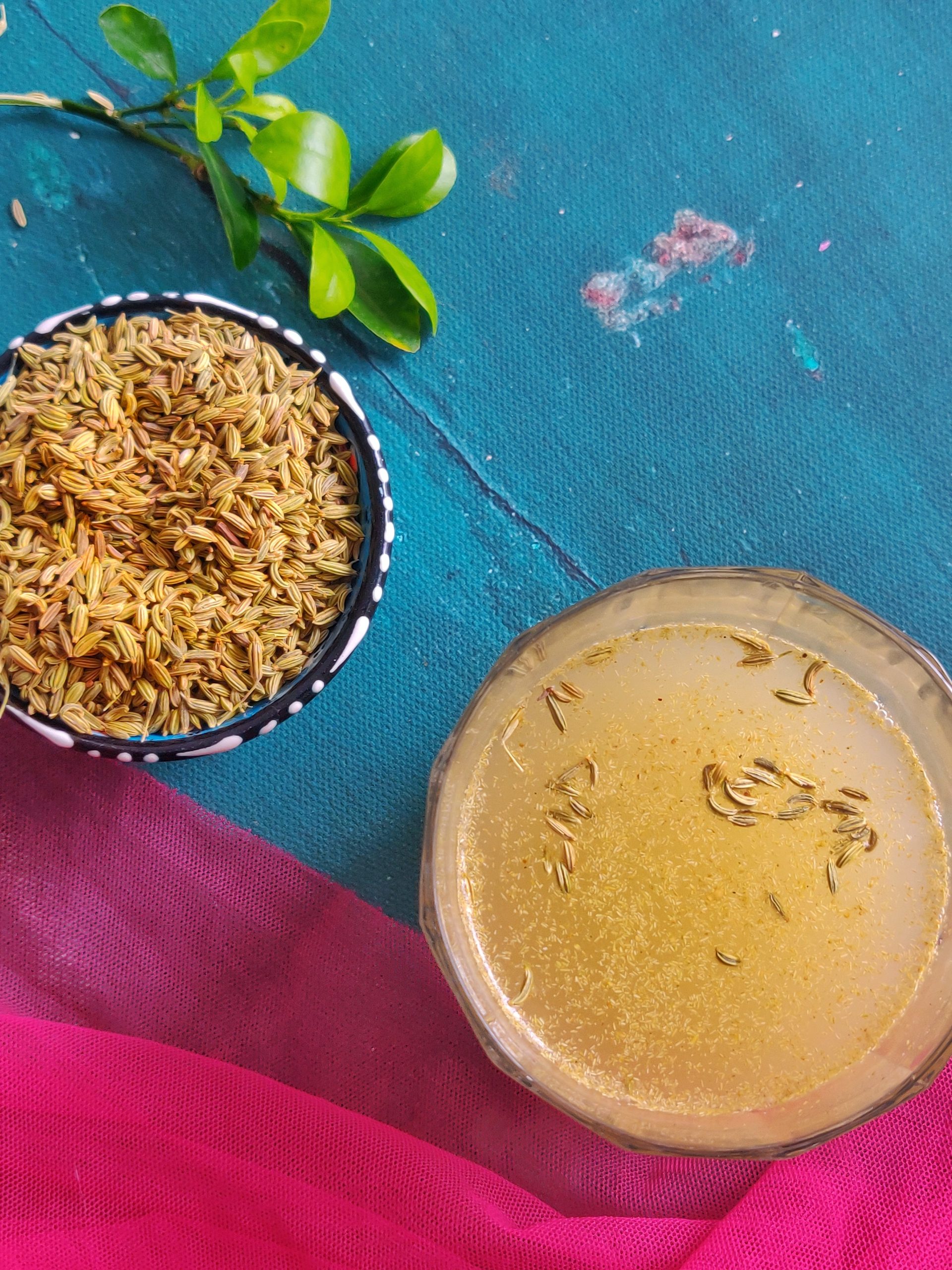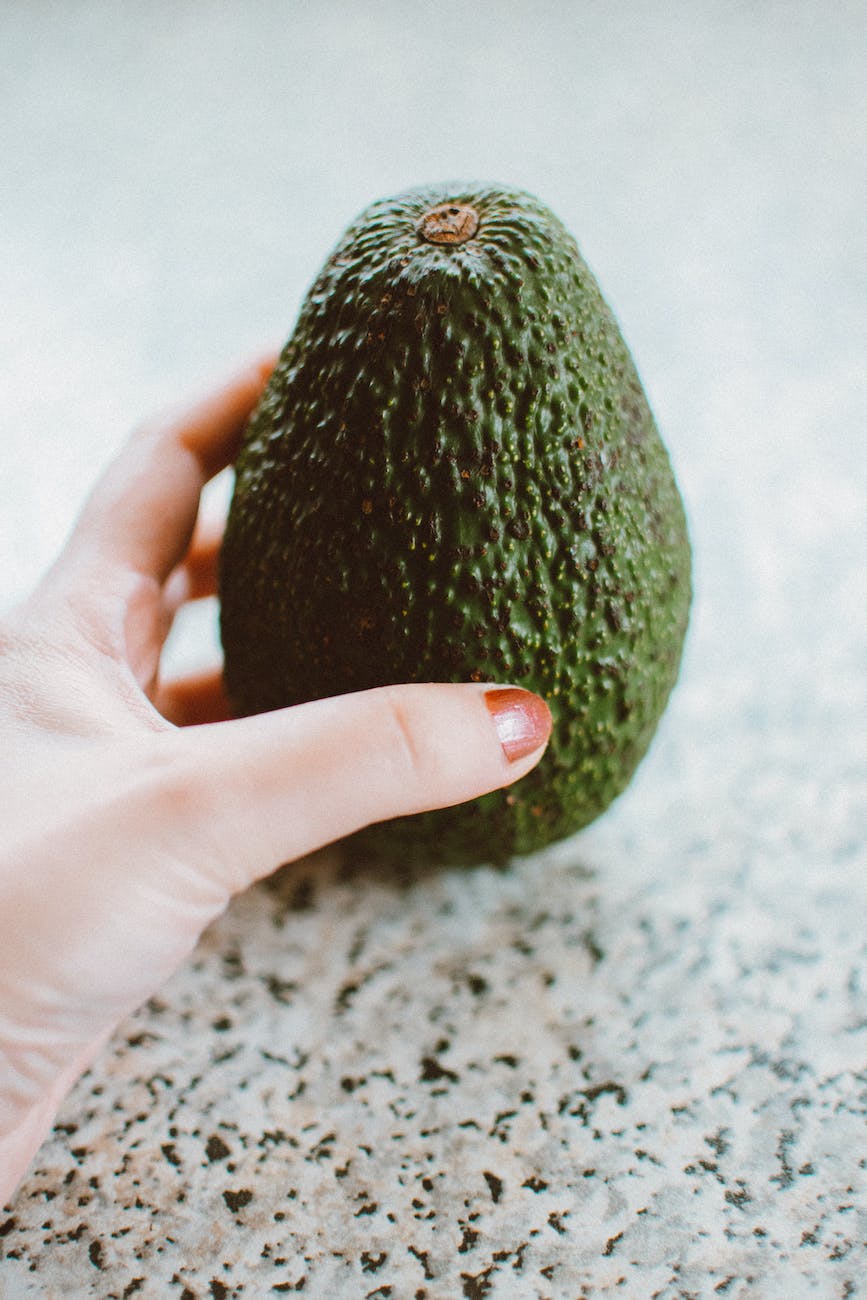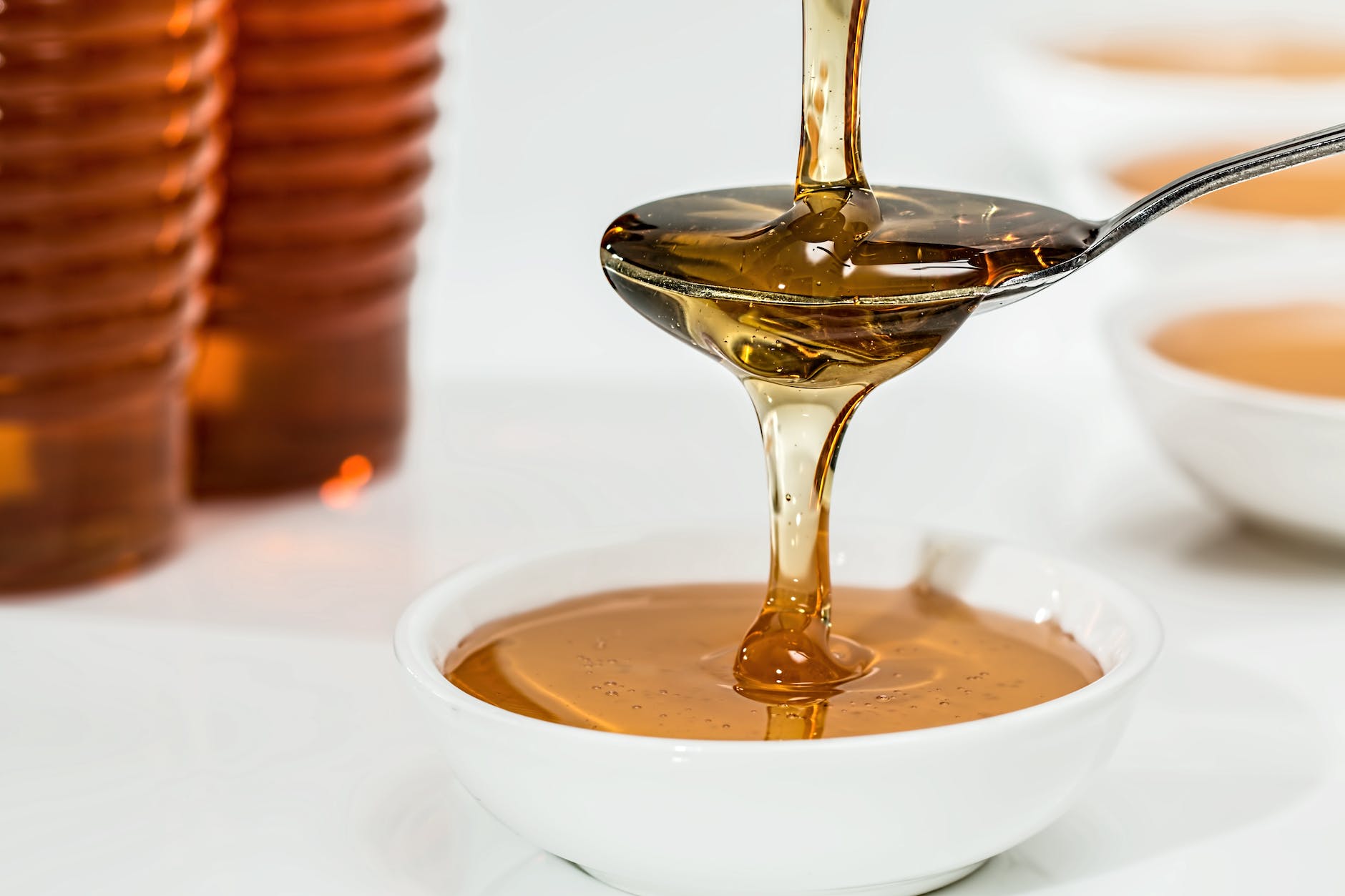
Desi ghee, revered in Indian culture not just as a culinary delight but also as a symbol of purity and wellness, offers a cornucopia of uses that transcend the boundaries of the kitchen. Let’s embark on an in-depth exploration of this golden elixir, understanding its myriad applications that make it an indispensable asset in every household.
The Culinary Cornerstone
In the realm of cooking, desi ghee is unparalleled. Its high smoke point makes it an ideal medium for sautéing, frying, and baking, lending a rich, nutty flavor to dishes. From the crispy layers of a flaky paratha to the sumptuous richness of a biryani, ghee’s presence is unmistakable. In sweets, it transforms ordinary ingredients into delightful treats like laddus and halwas, etching unforgettable flavors in our memories.
Beyond Baking: A Gluten-Free Ally
In gluten-free baking, ghee stands as a worthy substitute for butter or coconut oil. Its unique composition imparts moisture and richness to gluten-free bread, muffins, and cakes, ensuring that dietary restrictions don’t compromise on taste and texture. Whether it’s in a pie crust or a batch of homemade cookies, ghee’s versatility shines through, making it a favorite among gluten-free connoisseurs.
A Tonic for Tresses
Venturing into the realm of hair care, desi ghee is a hidden gem. A blend of ghee with nourishing ingredients like amla and almond oil can be a transformative hair mask, offering deep conditioning, enhancing hair growth, and imparting a natural sheen to your locks. Regular use of this ghee-based concoction can revitalize dull, lifeless hair, making it a prized component of traditional hair care routines.
Infant Care: More Than Just Nourishment
Ghee’s gentle, nourishing properties make it an excellent choice for infant massage. It aids in weight gain, ensures soft skin, and improves circulation in babies. This practice, steeped in tradition, is not just about physical well-being but also about forging a bond of love and care between parent and child.
A Balm for the Skin
For skin care, desi ghee is a potent remedy. Its healing properties make it effective against burns, wounds, and skin irritations. Its use in traditional medicine as a topical application for minor injuries underscores its antibacterial and anti-inflammatory qualities.
Ayurvedic Wisdom: Ghee as a Holistic Healer
In Ayurveda, ghee is more than a dietary ingredient; it’s a rasayana – a rejuvenating and longevity-promoting substance. From improving digestion and detoxifying the liver to boosting immunity and enhancing eye health, ghee’s therapeutic benefits are vast. Rich in essential fatty acids, it is believed to balance both vata and pitta doshas, making it a cornerstone in Ayurvedic treatments.
Purifying Air with Tradition: Ghee Diyas
In traditional practices, lighting ghee diyas is believed to purify the air, providing a serene and healthy environment. This practice, especially prevalent during festive and rainy seasons, not only adds a spiritual dimension but also underscores ghee’s antiviral and antibacterial properties.
Digestive Health: A Gut-Friendly Fat
In the domain of digestive health, desi ghee plays a pivotal role. Its unique short-chain fatty acids are known to enhance gut health and aid in digestion. When combined with a diverse array of Indian spices, ghee not only elevates the taste of a dish but also ensures that the nutrients are more effectively absorbed by the body.
Embracing the Golden Goodness of Desi Ghee
Desi ghee is a testament to the wisdom of traditional practices, blending culinary enjoyment with health and wellness. Its multifaceted applications, from being a heart-friendly ingredient to a natural conditioner for hair and skin, make it a valuable addition to daily life. Whether used in cooking, as part of a beauty regimen, or as a natural remedy, desi ghee’s benefits are manifold.
As we continue to discover the wonders of this golden elixir, it’s essential to remember the importance of purity and quality in ghee. Pure, high-quality desi ghee, used in moderation, can be a powerhouse of nutrition and wellness. Embrace the myriad benefits of desi ghee and let it enrich your lifestyle in countless ways, from your plate to your skin and beyond.
10 FAQs about Desi Ghee
- What exactly is desi ghee? Desi ghee, or clarified butter, is made by simmering butter to separate the milk solids and water from the fat, resulting in a pure, aromatic fat.
- Can desi ghee be used in vegan diets? No, since desi ghee is made from cow’s milk, it is not suitable for a strict vegan diet. However, those with lactose intolerance may tolerate it better due to the removal of milk solids.
- Is desi ghee healthier than regular butter? Desi ghee is often considered healthier due to its higher smoke point, which makes it more stable for cooking, and its richness in fat-soluble vitamins.
- Can I use desi ghee for baking? Absolutely! Desi ghee can be a great substitute for butter in baking, offering a rich, nutty flavor to cakes, cookies, and bread.
- How does desi ghee benefit hair and skin? Rich in fatty acids, desi ghee is excellent for nourishing and moisturizing the skin and hair. It can be used as a natural conditioner and a skin moisturizer.
- Is desi ghee good for digestion? Yes, desi ghee contains butyric acid, which is beneficial for the digestive system. It aids in the absorption of nutrients and improves gut health.
- How should I store desi ghee? Store desi ghee in an airtight container at room temperature. It has a long shelf life and does not require refrigeration.
- Can desi ghee help in weight loss? In moderation, desi ghee can be a part of a healthy diet. Its fatty acids can help in satiating hunger and boosting metabolism.
- Is desi ghee suitable for high-heat cooking? Yes, desi ghee has a high smoke point, making it ideal for sautéing, frying, and other high-heat cooking methods.
- How can I use desi ghee in my daily routine? Desi ghee can be used in cooking, as a spread on bread, in baking, for skin and hair care, and even for lighting lamps in traditional practices.
Blog Tags for the Post
desi ghee, health benefits, cooking, baking, hair care, skin care, Ayurveda, nutrition, wellness, traditional remedies, gluten-free baking, digestive health, natural beauty, Indian cuisine, clarified butter













